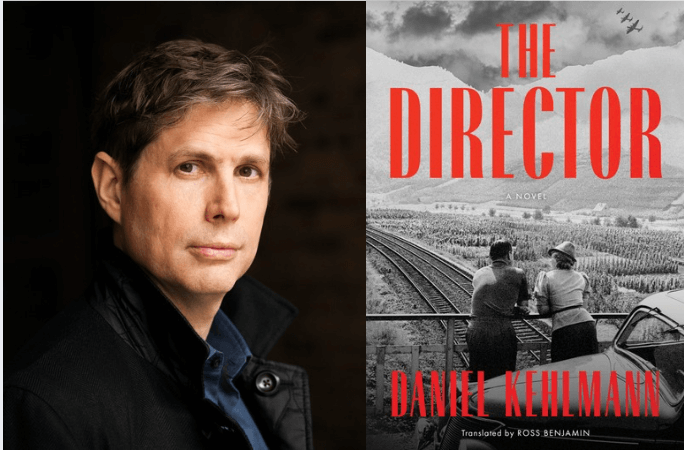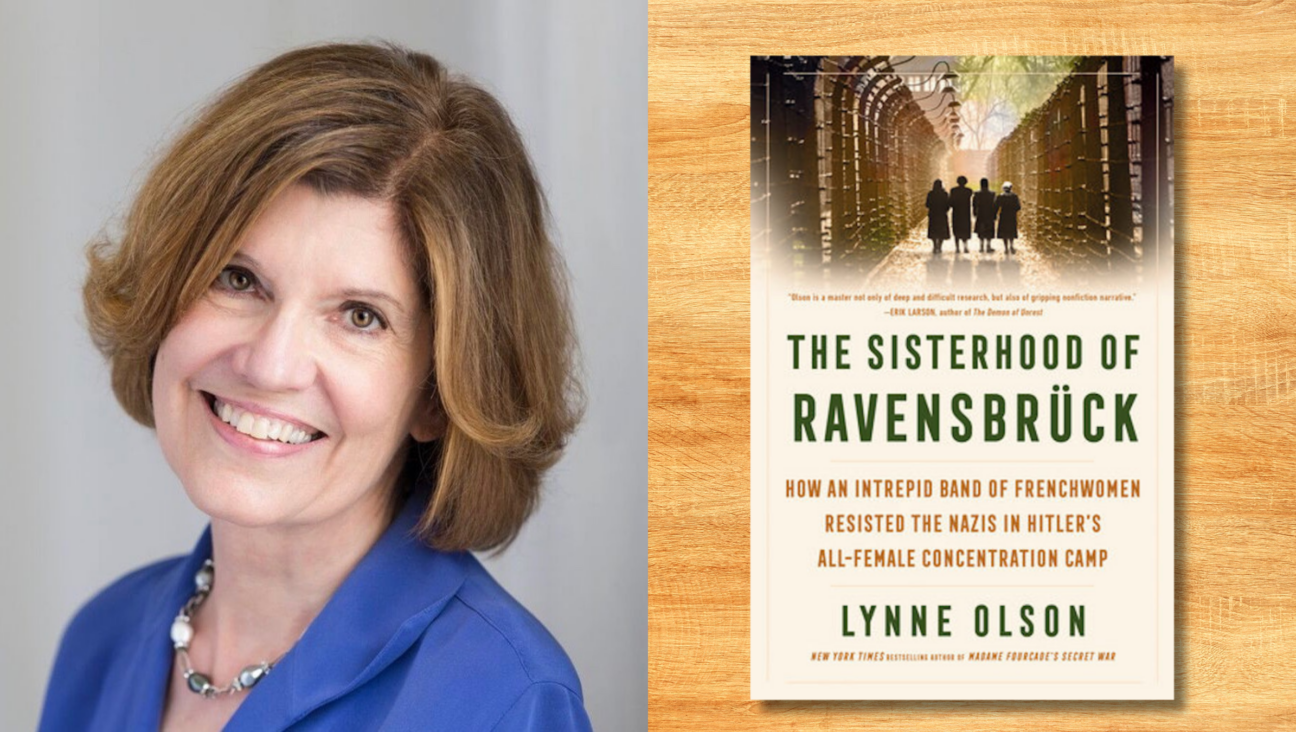7 Books Every Jewish Feminist Should Read

Image by iStock
It’s no secret that the second wave of the Feminist movement was propelled forward partially by Jewish women. Decades after some of the books written by these women were published, they continue to inspire women of all faiths and cultures to step and fight for the cause. Below, in no particular order, are 7 books that every Jewish Feminist should have on their shelf (or at least read).
The Feminine Mystique by Betty Friedan

The Feminine Mystique Is the mother of every book by a Jewish feminist or about feminism that has been published since 1963. Referring to “the problem that has no name,” Friedan blew open the door to the idea that women are equal to men and should have the same privileges and responsibilities as the men around them. This book was and still is pivotal to changes in the world that are still badly needed today.
Deborah, Golda And Me: Being Female and Jewish in America
Written by Letty Cottin Pogrebin, this book is both a personal memoir and the story of what it is to be a Jewish woman in modern day America. Raised in an observant home, Pogrebin became isolated from the faith after the death of her mother during her teenage years. Later, as an adult, she re-embraced Judaism and became one of the faces of the modern feminist movement.
Fear Of Flying by Erica Jong

Published in 1973, Fear Of Flying is one of the first novels to fully explore what it is to be a woman. Protagonist Isadora Wing is traveling with her husband to a work conference in Europe. Beyond the sexual aspects and growth of the main character, the novel is about being in your late 20’s and trying to figure out life, which is never easy and still feels relevant 40 years after its initial publication.
Common Sense and A Little Fire: Women and Working Class Politics In The United States, 1900-1965
Written by Annelise Orleck, Common Sense And A Little Fire is part nonfiction memoir and part history book. Rose Schneiderman, Fannia Cohn, Clara Lemlich Shavelson, and Pauline Newman were four of the millions of persons who emigrated from Eastern Europe around the turn of the 20th century. During their lifetimes, they fought for workers’ rights, women’s rights and for the rights of the downtrodden. Through their combined efforts, these women were part of a larger movement that created a conversation and change that as relevant today as it was a century ago.
Beauty Myth: How Images of Beauty Are Used Against Women

Written by Naomi Wolf, this book asks a very simple, but important question: in a time when women have more opportunities than in any time in history for political, social, economic and educational advancement, why are we still holding to the idea that we must strive for an impossible physical image? Originally published in 1991, this book is revolutionary. It shouldn’t be, but it is, asking relevant questions about why, in 2017, women are still being judged by the looks instead of their abilities and accomplishments.
Modern Girls

The stunning debut novel by Jennifer S. Brown focuses on the relationship between 19-year-old Dottie Krasinsky and her mother Rose. In depression era New York Dottie is on the brink of having it all: she has just received a promotion at work and hopes to marry her longtime boyfriend in the near future. After emigrating from Eastern Europe and bringing 5 children into the world, Rose, who is nearly 40, believes that her child bearing days are over. Then she gets pregnant for the 6th time while Dottie also gets pregnant (and not by her boyfriend). In an era when women were one generation away from what would become known as the second wave of the feminist movement, Dottie and Rose are smart, tough women, who must make some very difficult decisions.
Bad Feminist

While writer Roxane Gay is not Jewish, Bad Feminist is a watershed book for this generation’s feminists. Writing in a similar style that Betty Friedan used in the Feminine Mystique, Ms. Gay writes not only about the strides that women have made, but also the battles that must be won and the contradictions that women face on a daily basis. Whether it is her love of Hip Hop music (and the less than positive portrayal of women) or the whitewashed halls of Sweet Valley High, she speaks of the accomplishments and challenges that feminists and women face today.
























